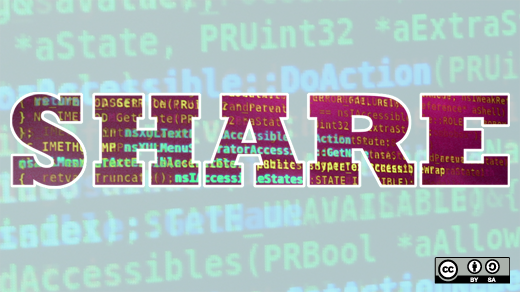Americans, by nature, are not inclined to share. We have a culture of ownership—we want our own homes, yards, and even public schools. But if music television, radio commercials, and Bruce Springsteen are good indicators, what we want most of all is our own cars.
The machine of a dream
I’m no different. My family lives near downtown, and we face a typical urban family problem. We don’t really need two cars. But having just one car is awfully inconvenient. We need something like one and a half, I tell myself.
Alas, we own just one, which I drive to work after dropping off our kids at school. We also have a gas scooter, which my husband takes to work most days. This arrangement works very well… except on rainy days (not such a fun ride) or afternoons when he needs to pick up the kids and I need to be on the other side of town. (Not to mention when all three scenarios collide.)
We live along the bus route, but it comes infrequently and takes twice as long to get anywhere.
As a result, for the last few years we’ve felt the need for a second car… occasionally. There’s been a constant pendulum swinging in our minds: on one side, the cost of owning and maintaining an infrequently used second car, and on the other, the alluring scent of a new car.
The road to freedom
We’re perhaps boring people, as practicality continues to have the upper hand. So we’ve plodded along, swapping keys midday, circling back to pick up the stranded spouse, changing work schedules, shivering on cold rides, and generally dealing with the unpleasant decisions a person makes when they’re short on wheels.
Meanwhile, college students across the country deal with another related difficulty: having a car on campus is convenient and sometimes necessary, but owning one is an expensive hassle. For many urban dwellers, the situation is the same for downtown living.
Enter zipcar. Zipcar is a business that’s built upon the value of car-sharing. Pay a low annual fee, perhaps a joining fee, and borrow a local zipcar for $7.50/hr or more, depending on your location. Gas and insurance included.
Your mother was right: It’s better to share
Zipcar is part of a trend in business models centered around sharing, and the Internet may be its catalyst. In a report released last year, 78% of participants in The New Sharing Economy study believed that “their online interactions with people have made them more open to the idea of sharing with strangers, suggesting that the social media revolution has broken down trust barriers.”
Sharing isn’t new—it’s always been a key component of the open source way. Still, as I started thinking about other business models that focus on sharing, both tangible and intangible things--Rentcycle, fold it, NeighborGoods—I found myself agreeing with The New Sharing Economy. The Internet is having a profound impact on our willingness to share offline.
I’m eagerly awaiting the processing of my husband’s zipcar application.






2 Comments